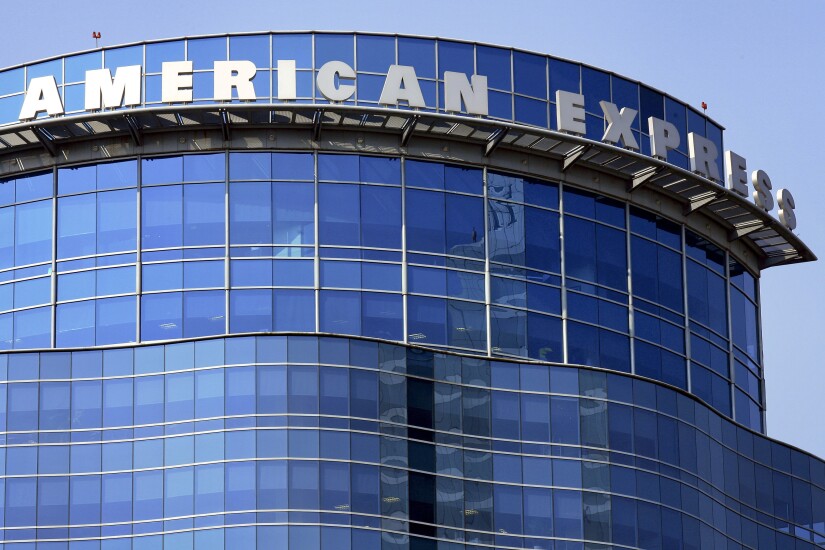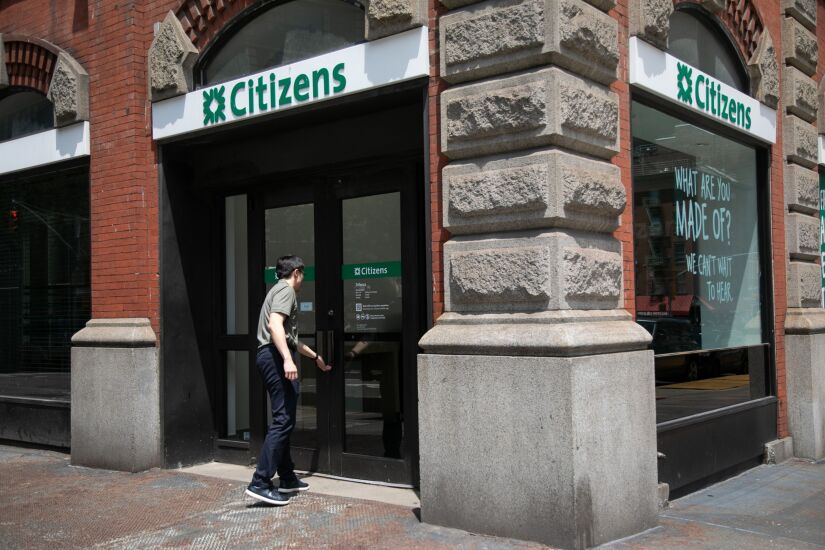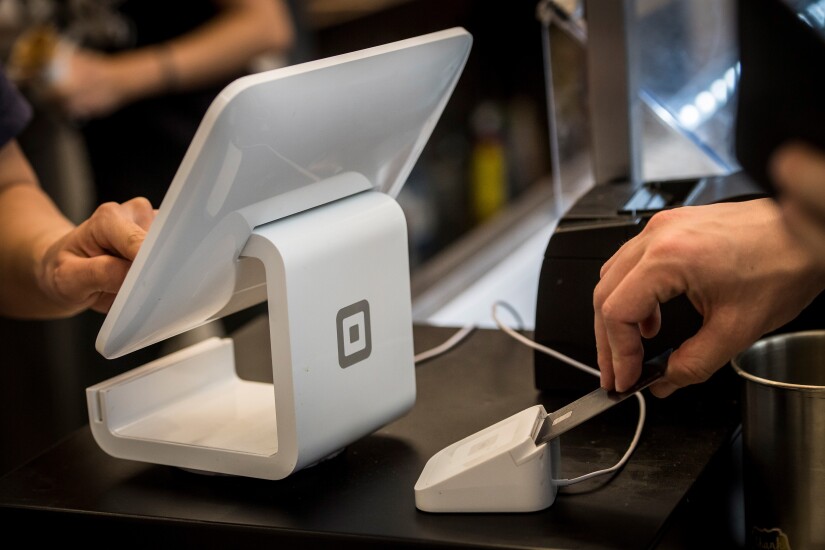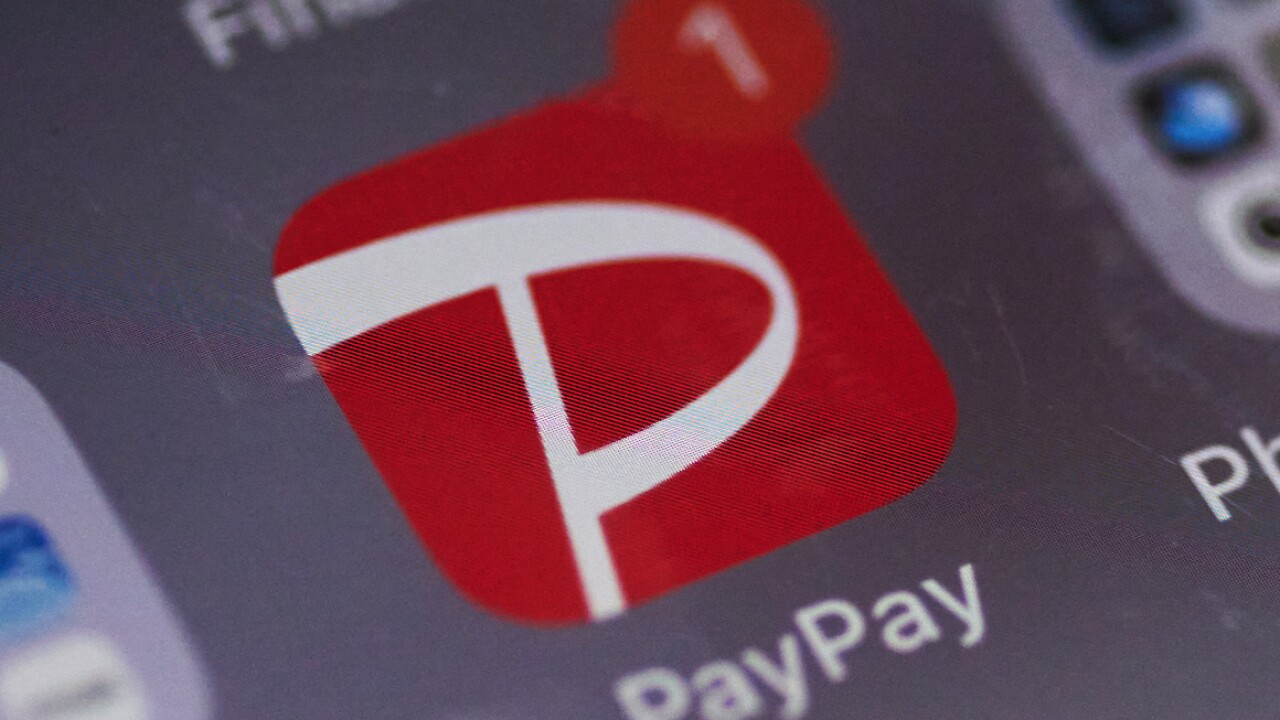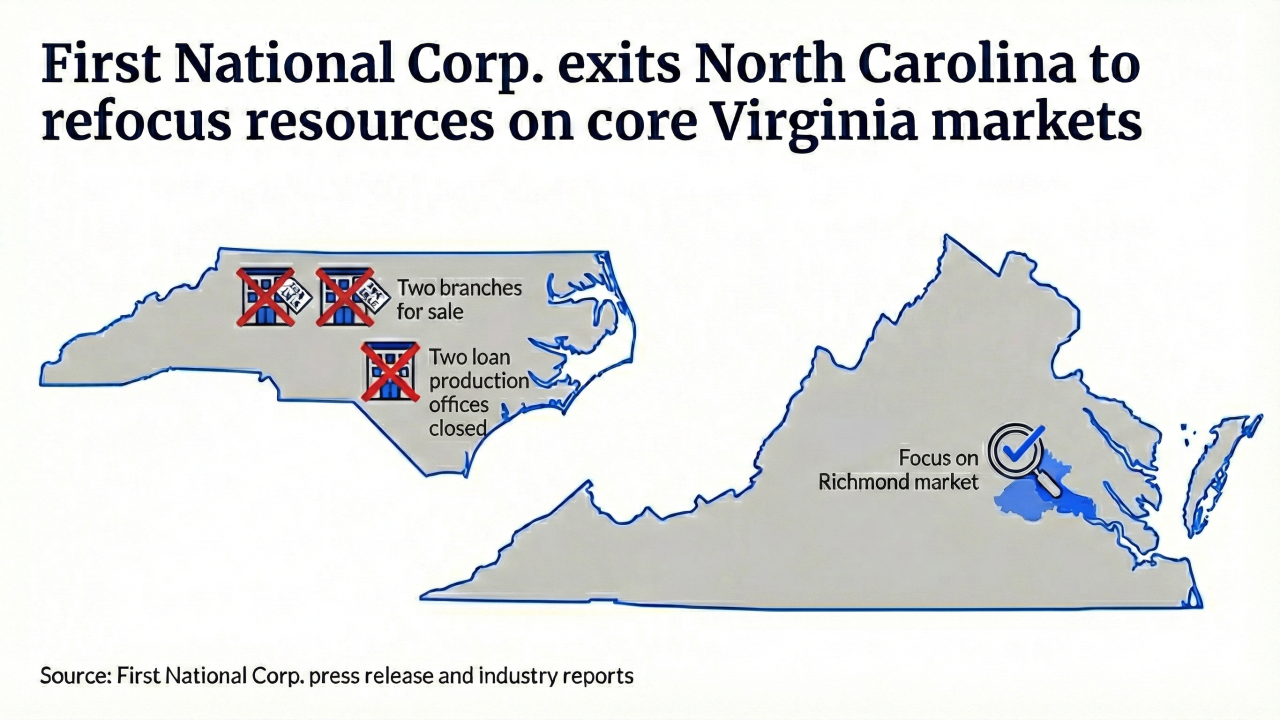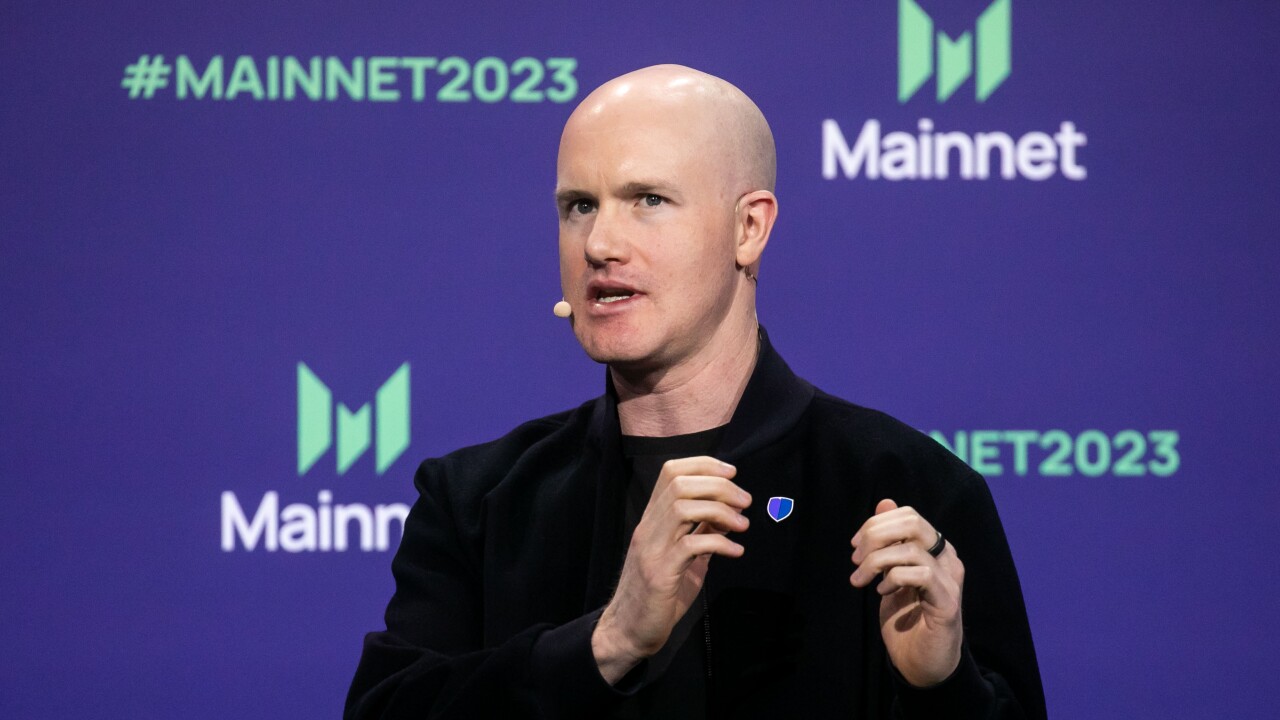Payment companies and banks are pouring investment into small-business technology, hoping to bring automation to one of the lingering parts of the economy that's still largely based on checks and other paper processes.
There's a huge opportunity. More than five million small businesses opened last year, according to the
Small businesses, as well as larger companies, have long trailed consumers in adopting digital transactions. Ninety percent of businesses say their company faces problems with payment operations, according to a Harris Poll conducted for Modern Treasury, a payment technology firm. Thirty-two percent say reconciliation takes too long, 31% say there's not enough real-time insight into cash balances, 27% say the payment failure rate is too high and 26% say there are too many errors.
"There's a lot of pain in business payments," said Rachel Pike, chief operating officer at Modern Treasury. "But we think things are changing; I'm seeing a lot more self awareness among businesses that payments need to improve."
The pressures of an economic downturn or high inflation should not slow payments technology, which is designed to cut cost and latency, Pike argues. The introduction of the Federal Reserve's FedNow platform, which will bring real-time settlement to more banks and businesses, will also bring a greater focus on real-time processing, she said.
"FedNow changes the coverage for real-time payments, and that will bring more small businesses in," Pike said.
Here are some examples of companies that brought new payment technologies to the small business market in the past four months.
Kate Fitzgerald contributed to this story.

